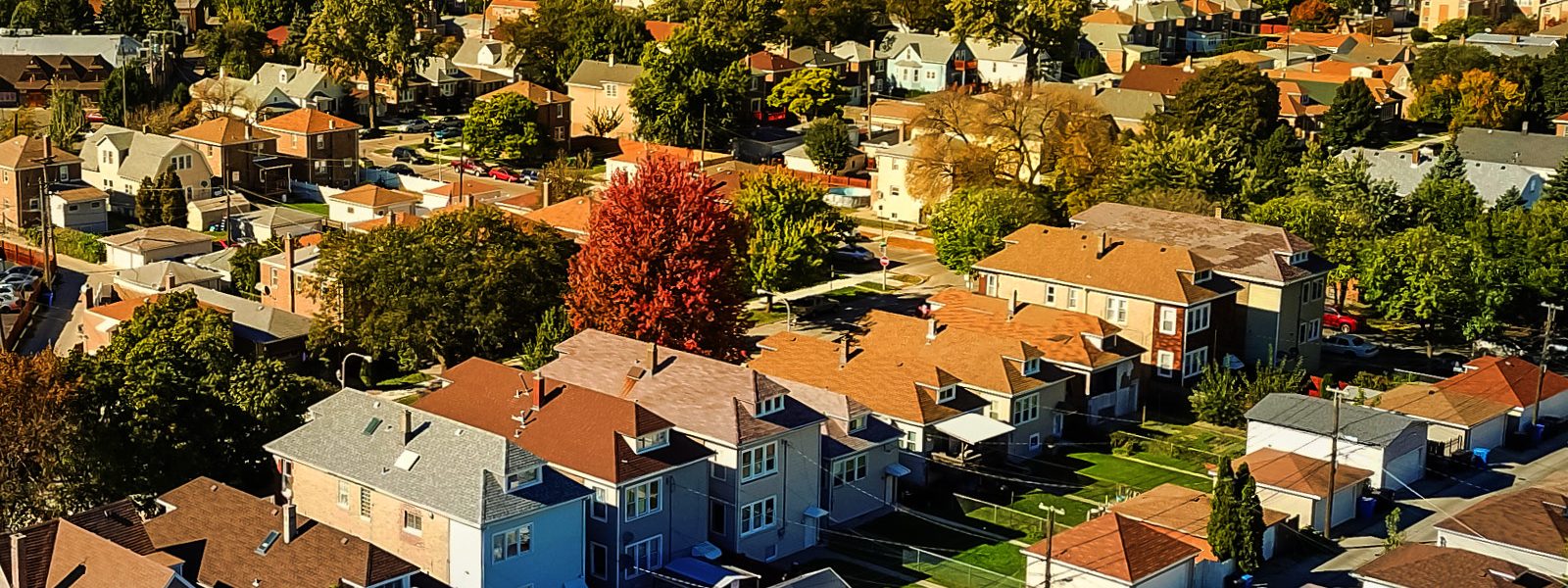CROCUS is an Urban Integrated Field Laboratory led by the U.S. Department of Energy’s Argonne National Laboratory with academic and community organizations and civic and industry champions. Our goal is to advance the science, understand the feedbacks between urban systems and atmospheric conditions, and inform solutions to the challenges of the Chicago region’s extreme weather.
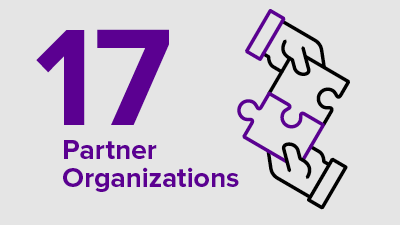
Our partners deliver high-caliber science and technology talent—collaborating to identify and test solutions to the challenges of extreme weather.
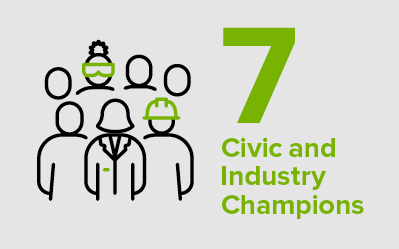
Civic and industry leaders provide management insight, connections with regional planning and local interests, and resources to support CROCUS science, workforce development and community initiatives.
Join our growing team of champions.
Learn more about partnerships here.
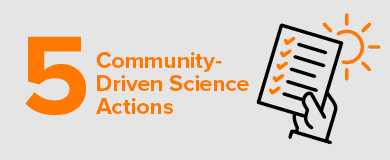
- Observation
- Modeling
- Integrations
- Community-driven Scenario Evaluation
- Education and Training
CROCUS supports urban science and the needs of homeowners and businesses—informing key objectives for regional planning.
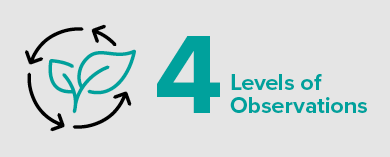
The CROCUS Measurement Strategy
- A regional micronet of AI-enabled software sensors
- Public data from existing meteorology, air quality, and atmospheric measurements
- A series of comprehensive field campaigns
- Local engagement
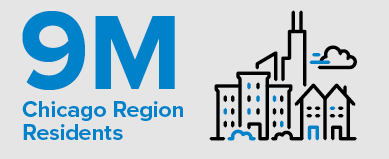
The Chicago region’s location, history, and people create the perfect opportunity to understand how extreme weather impacts cities and neighborhoods, and how cities influence regional atmospheric conditions.

